Empire Ways —— Aspects of British Imperialism
----- 帝国的方式:英国帝国主义
The British Empire was an astonishingly complex and varied phenomenon, which should not be reduced to any of the simple generalisations or theories that are often taken to characterise it. 'Imperialism' took many forms, just one of which was formally governing – 'economic' and 'cultural' domination, for example, provided a more 'informal' network of empire. Not all the empire was equally 'imperialised'. Some areas were scarcely so at all: substantial areas hardly touched by British power or influence; others ruled only weakly or 'indirectly'; and many colonies, long before the formal demise of the British Empire, were effectively ruling themselves. Those who served British imperialism, directly or indirectly, were similarly diverse. Their circumstances and motives varied widely. One way of illustrating the complexity of empire, and to convey some of the subtle 'flavour' of the thing itself, is to descend from over-arching 'themes' to the particular, and describe and discuss aspects of it in detail.This book, by the well-known imperial historian Bernard Porter, ranges among a wide range of the events and personalities that shaped – or were shaped by – British imperialism, or by its decline in the post-war years. These include chapters on science, drugs, battles, proconsuls, an odd assortment of 'imperialists' including Kipling, Lady Hester Stanhope, TE Lawrence and Simon Mann (the post-imperial mercenary), architecture, music ,the role of MI6 and the reputation of the Empire since its demise. Imperialism has always been contested – perhaps today more than ever. This book informs, explains and provokes but above all it demonstrates the kaleidoscopic variety and ambivalence of Britain's imperial histor
{{comment.content}}
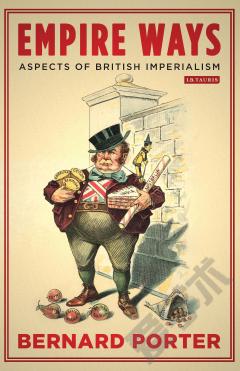
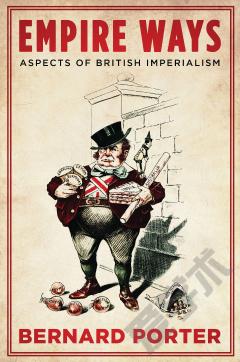
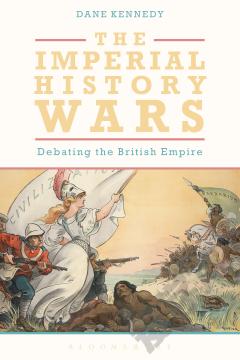
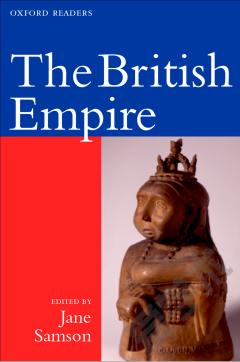

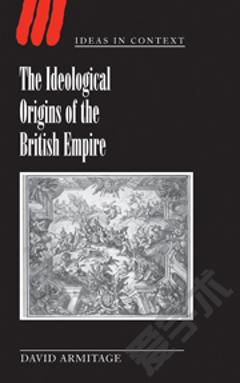


 京公网安备 11010802027623号
京公网安备 11010802027623号